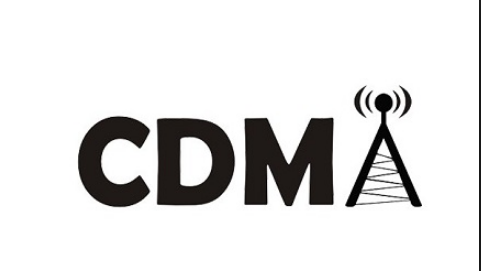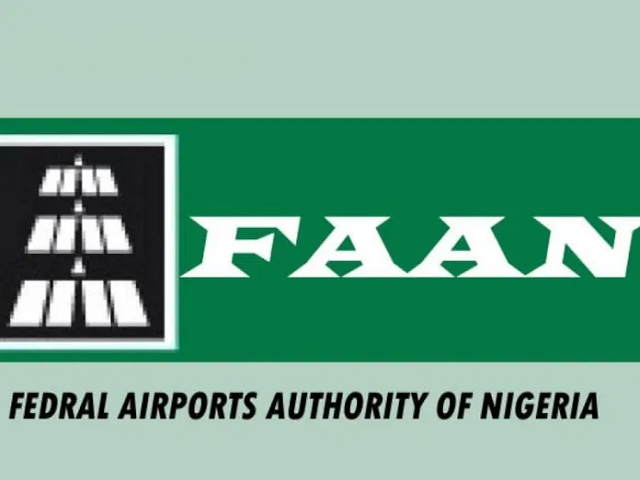To say that the Code Division Multiple Access (CDMA) sector is trouble, is stating it mildly; they are disappearing from the Nigerian telecommunication scene.
It is only a matter of time before the last one fades into oblivion.
It is true that worldwide, telcos face daunting task of staying afloat due to competing demands for new products and service; but the disappearance of the CDMAs in Nigeria has been hastened by paucity of funds; and poor corporate governance; among others.
CDMA, a digital wireless technology uses spread spectrum techniques and is globally acknowledged as the better technology compared to GSM, given its inherent quality in terms of data speed and capacity.
Unlike GSM, CDMA does not assign a specific frequency channel or time slot to each user but instead individual conversations are encoded with a pseudo-random digital sequence.
But it appeared the CDMA service providers were programmed to fail in Nigeria when the initial licensing regime gave it a regional outlook, rather than the universal for GSM mobile operators.
However, it’s the CDMA which was ultimately responsible for their troubles with widespread corporate mismanagement, including, but not limited to its non-compliance with laid down internal controls and operation procedures, biased recruitment exercises and general lack lustre management practices.
To make matters worse over the years CDMA operators have regularly and consciously ignored sustained and systematic red flags as their promoters and managers diverted funds meant for expansion into frivolous projects like manufacturing, oil and gas, elections, just to name a few.
But allowing them to die maybe in the best interest of the telecom industry. Thousands of jobs have already been lost while government has been denied revenue because the CDMAs are inactive.
The federal government should give the operators access to capital and other incentives to survive.
As the Association of Licensed Telecommunications Operators of Nigeria (ALTON), pointed out, there should a policy flexibility in favour of Code Division Multiple Access (CDMA) operators.
Engr. Gbenga Adebayo, ALTON Chairman, captured it all when he said that “With the declining CDMA operation in Nigeria, there is urgent need to help the operators remain in business in order to allow for the continuity of their operations, which has cheaper tariff than GSM service,” he said.
Telecommunications regulators should also revisit the interconnect rate model and give preferential treatment to CDMA operators.














